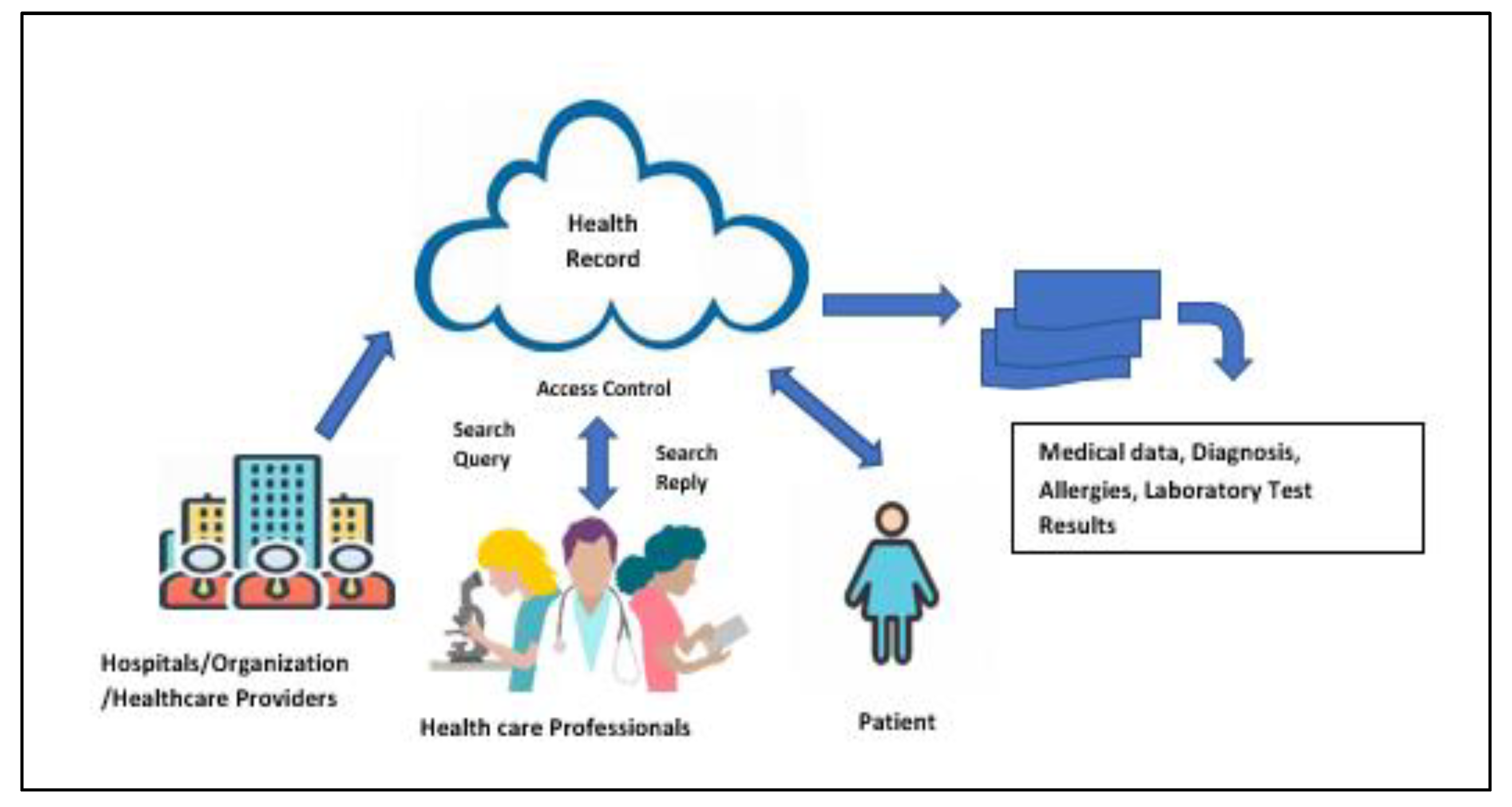
Revolutionizing Healthcare: The Role of Blockchain in Medical Records
In the ever-evolving landscape of healthcare, where data security and interoperability are paramount, blockchain technology emerges as a groundbreaking solution. This article explores the transformative impact of blockchain on medical records, ushering in an era of enhanced security, data integrity, and seamless sharing in the healthcare ecosystem.
Blockchain Basics: A Foundation of Trust and Security
At its core, blockchain is a decentralized and distributed ledger technology that records transactions across a network of computers. This distributed nature ensures that information is not stored in a central location, minimizing the risk of data breaches. Each block in the chain contains a timestamped record of transactions, linked to the previous one, creating a secure and tamper-resistant foundation for medical records.
Enhanced Security Measures: Safeguarding Patient Data
One of the primary advantages of implementing blockchain in medical records is the heightened security it offers. Traditional centralized systems are vulnerable to hacking and unauthorized access. Blockchain, with its cryptographic features and consensus mechanisms, ensures that patient data is encrypted, secure, and can only be accessed by authorized parties. This robust security framework is a game-changer in protecting sensitive health information.
Interoperability Unleashed: Seamless Data Exchange
Interoperability, or the ability of different systems to exchange and make use of information, has long been a challenge in healthcare. Blockchain addresses this issue by providing a standardized and secure platform for data exchange. With blockchain, medical records can be accessed and shared seamlessly across healthcare providers, promoting continuity of care and reducing the likelihood of medical errors due to incomplete information.
Patient Empowerment: Taking Control of Health Data
Blockchain empowers patients by giving them greater control over their health data. Through a secure and transparent system, individuals can grant and revoke access to their medical records. This ensures that patients play an active role in determining who can view their sensitive health information, fostering a sense of trust and transparency in the doctor-patient relationship.
Smart Contracts in Healthcare: Streamlining Processes
Blockchain’s incorporation of smart contracts, self-executing contracts with the terms of the agreement directly written into code, streamlines various healthcare processes. This can include automating insurance claims, facilitating billing processes, and ensuring adherence to treatment plans. The use of smart contracts in healthcare reduces administrative burdens, minimizes errors, and enhances overall efficiency.
Addressing Data Fragmentation: A Unified Health Record
Healthcare data is often fragmented, residing in different systems and formats. Blockchain addresses this challenge by providing a single, unified health record that spans a patient’s entire healthcare journey. This comprehensive view of medical history, treatments, and outcomes improves clinical decision-making, leading to more effective and personalized patient care.
Regulatory Compliance: Navigating Healthcare Standards
The healthcare industry is subject to strict regulatory standards to ensure patient privacy and data security. Blockchain’s transparency, immutability, and encryption features align with these regulatory requirements. Implementing blockchain for medical records assists healthcare providers in maintaining compliance with regulations such as the Health Insurance Portability and Accountability Act (HIPAA).
Challenges and Considerations: Ethical and Technical Dimensions
While the potential benefits of blockchain in medical records are vast, challenges exist. Ethical considerations regarding patient consent, data ownership, and the right to be forgotten require careful consideration. Additionally, technical challenges related to scalability and integration with existing healthcare systems need to be addressed for seamless adoption across the industry.
Future Trajectories: A Paradigm Shift in Healthcare Management
The integration of blockchain in medical records marks a paradigm shift in healthcare management. As the technology continues to mature, its applications are likely to expand, encompassing areas such as medical research, drug development, and public health initiatives. The future holds exciting possibilities for blockchain’s role in shaping a more interconnected, secure, and patient-centric healthcare ecosystem.
In conclusion, blockchain for medical records represents a transformative force in healthcare, addressing long-standing challenges related to security, interoperability, and patient empowerment. As the industry navigates this technological evolution, the potential for improved patient care, streamlined processes, and a more transparent healthcare system comes into focus.
For more information on blockchain for medical records, visit CentrumZdravi.org.

